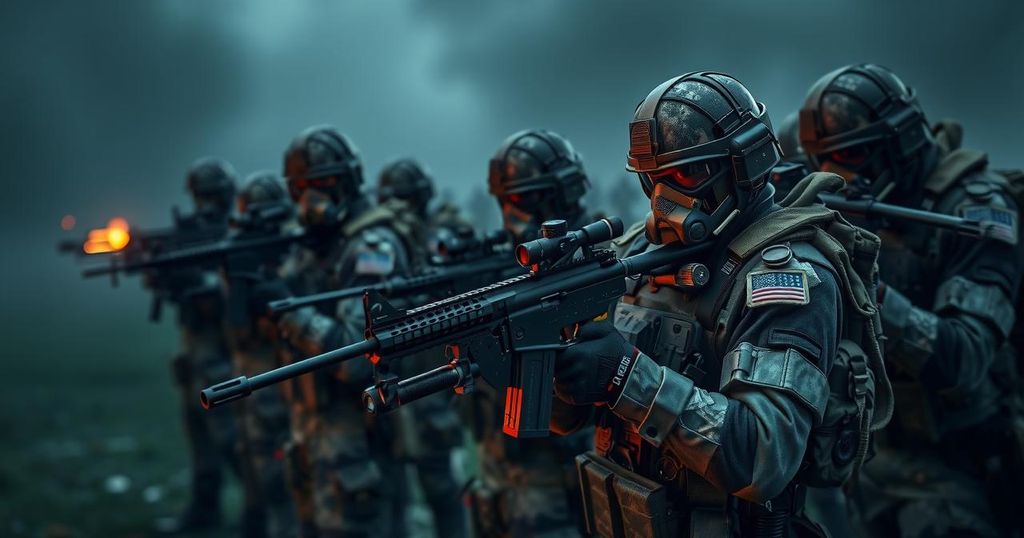Future Scenarios for Wagner Group Following Rebellion in Russia
The Wagner Group’s failed rebellion in Russia has led to the exile of its leader, Yevgeny Prigozhin, while raising questions about the group’s future. Some fighters are reportedly moving to Belarus, while many may resist joining the Russian military due to inadequate pay. Experts believe Wagner can endure by rebranding and continuing operations in Africa, and the organization might proceed without Prigozhin’s direct involvement.
The Wagner Group’s recent armed rebellion in Russia, spanning just 36 hours, has concluded with its leader, Yevgeny Prigozhin, reportedly going into exile in Belarus in exchange for the cessation of hostilities. While this tumult has temporarily destabilized Wagner’s standing, experts suggest that the group is unlikely to dissolve entirely. Many fighters are now considering their options: they may follow Prigozhin, join the Russian military, or remain in Russian territories, with some already moving to Belarus where an abandoned military base has been offered for their use.
The Russian Defense Ministry has remained silent on enlisting Wagner fighters, and reports indicate that wage disparities between Wagner and the Russian military might discourage many from joining state forces. Observations from analysts indicate that Wagner could potentially rebrand and continue its operations independent of Prigozhin, particularly in Africa, where it has cultivated a robust presence. While the future of Prigozhin himself remains uncertain, his influence and leadership may endure as fighters look for ways to continue their engagements elsewhere.
The Wagner Group is a paramilitary organization with documented participation in various conflicts, notably in regions like Eastern Europe, Africa, and the Middle East. Following a brief uprising against Russian military command, the group’s future appears precarious, yet its operations may endure due to ongoing military engagements across the globe. Experts posit that despite the rebellion’s failure, the group can adapt, find new leadership, or maneuver operations in regions less impacted by Russian oversight. This adaptability is critical given the lucrative contracts and higher wages offered by paramilitary groups compared to the Russian military. Additionally, the presence of numerous paramilitary organizations within Russia could represent a landscape ripe for Wagner’s evolution post-uprising, suggesting a complex interplay of power dynamics in the post-rebellion crisis.
In summary, the Wagner Group faces a pivotal moment following its failed insurrection against Russian authorities. Although uncertain, its future may still involve rebranding and continuing operations, particularly in Africa, where it has established a solid foothold. Prigozhin’s fate is precarious, yet the substantial number of paramilitary groups in Russia may provide a pathway for Wagner to survive and adapt without its notorious leader. The financial incentives and ongoing military engagements suggest that Wagner’s story is far from over.
Original Source: telegrafi.com




Post Comment